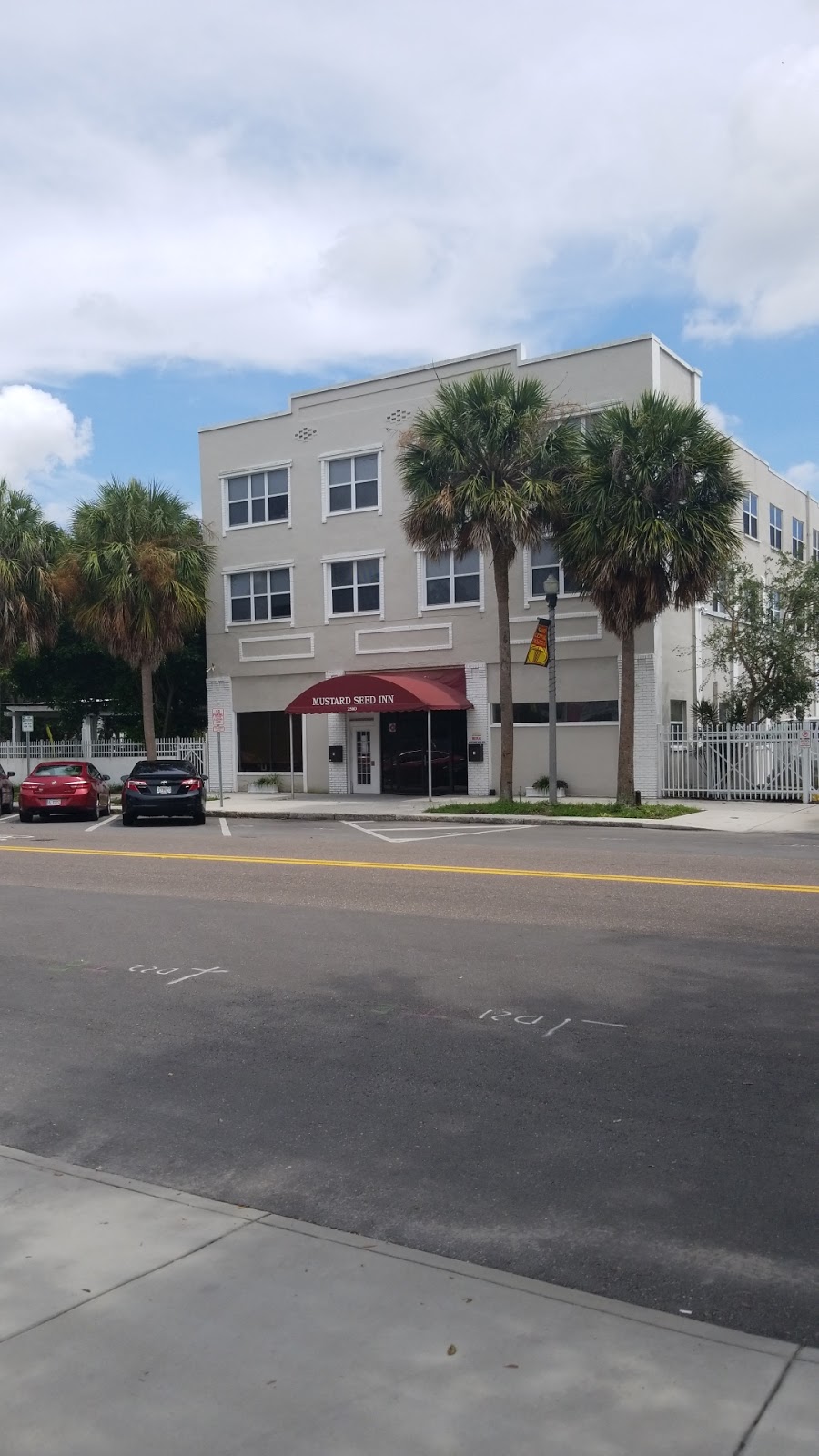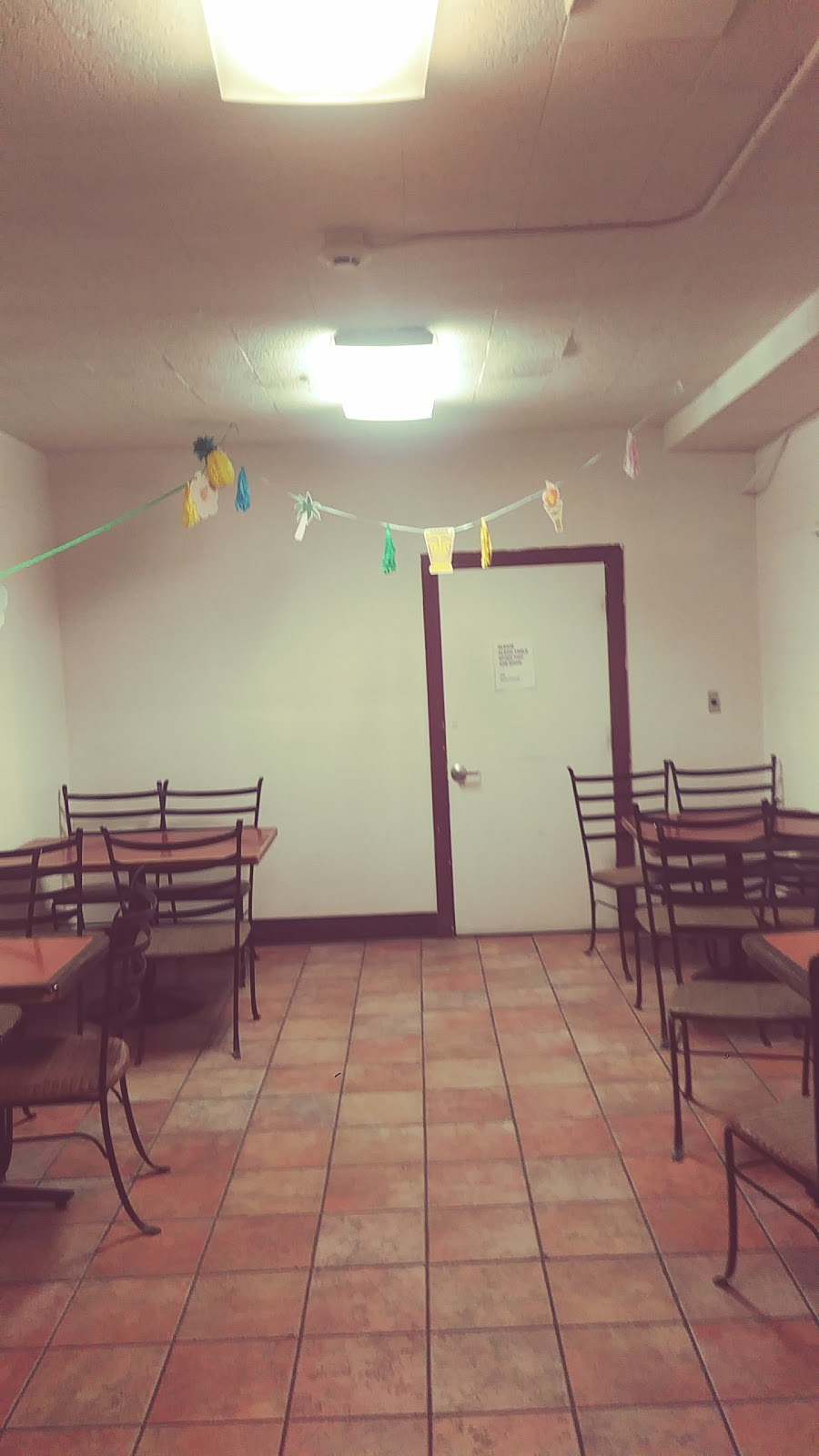WestCare - SUDT Multi-Level Program at Sierra Conservation Center (SCC)

Overview
WestCare - SUDT Multi-Level Program at Sierra Conservation Center (SCC) is a substance abuse treatment center for people seeking treatment near Tuolumne County. As part of their treatment modalities for recovery, WestCare - SUDT Multi-Level Program at Sierra Conservation Center (SCC) provides assertive community treatment during treatment. WestCare - SUDT Multi-Level Program at Sierra Conservation Center (SCC) is located in Jamestown, California, accepting cash or self-payment for treatment.
WestCare - SUDT Multi-Level Program at Sierra Conservation Center (SCC) at a Glance
Payment Options
- Cash or self-payment
- Private health insurance
Assessments
- Comprehensive mental health assessment
- Comprehensive substance use assessment
Age Groups
- Adults
Operation
- Private non-profit organization
Treatment At WestCare - SUDT Multi-Level Program at Sierra Conservation Center (SCC)

Conditions Treated
Alcoholism:
Alcohol addiction is a disease that changes the way the brain works. It causes negative emotions, impulsive behavior, cravings and withdrawal symptoms. Treatment for alcohol addiction includes supervised detox, counseling and therapy, and support group participation. Rehabilitation does not cure alcoholism. Instead, it helps the individual manage their addiction, restore their functioning, and well-being.
Mental health treatment:
Mental health facilities offer a safe space for individuals to get specialized care. Trained experts create personal plans using therapies, possibly including medication. The goal is to help individuals cope better and lead fulfilling lives, with constant support and a community feel.
Substance use treatment:
Substance use rehabilitation is a structured program aimed at assisting individuals in overcoming their dependencies on drugs or alcohol. Through a combination of medical detoxification, counseling, and various therapeutic approaches, these programs strive to address the physical and psychological aspects of addiction. The goal is to equip individuals with the knowledge, skills, and support necessary to attain lasting sobriety, while also working to identify and address the underlying issues contributing to substance misuse. By fostering a supportive environment, substance use rehabilitation centers provide a pathway towards a healthier, substance-free life.

Levels Of Care
Intensive outpatient treatment:
Intensive outpatient (IOP) supports clients in maintaining their sobriety by providing tailored, high-quality care that adapts to their changing requirements. Clients participate in numerous weekly treatment sessions, generally receiving between nine to twenty hours of outpatient care. As clients achieve stability, the treatment frequency and intensity gradually diminish. Many intensive outpatient rehabilitation centers offer a range of services, including addiction counseling, training in life skills essential for recovery, and medication-assisted treatment (MAT). Additionally, evidence-based complementary therapies are frequently integrated into the program.
Outpatient:
Outpatient treatment in a rehab center offers flexible therapy sessions, typically ranging from 1-3 hours per week, allowing individuals to continue daily activities while receiving care. In contrast, intensive outpatient programs demand a more rigorous commitment, often involving 9-15 hours weekly, providing a more immersive therapeutic environment without the need for inpatient stays.

Treatment Modalities
Assertive Community Treatment:
Assertive Community Treatment (ACT) is a specialized model of community-based psychiatric care aimed at providing comprehensive treatment and support to individuals with severe and persistent mental illnesses. The approach prioritizes a high level of community integration and individualized, flexible services delivered by a multidisciplinary team. By offering a holistic blend of psychiatric, social, and daily living support, ACT aims to reduce hospitalizations and improve the quality of life for participants, promoting their independence and recovery within their communities.
Family counseling:
Family Counseling is a therapeutic approach that seeks to address and improve communication, understanding, and dynamics within a family unit. By addressing conflicts, emotional distress, and behavioral challenges, a trained therapist provides guidance and tools for family members to strengthen bonds, resolve issues, and foster a healthier family environment.
Group counseling:
Group Therapy is a therapeutic space where individuals battling addiction come together to share experiences, gain insights, and support one another on their journey to recovery. Facilitated by trained professionals, this setting fosters communal healing and empowers participants to overcome the challenges of addiction through collective strength and understanding.
Life Skills:
Life skills training encompasses essential skills for individuals to navigate daily challenges successfully. This training includes time management, career guidance, money management, and effective communication, which are crucial for holistic addiction recovery. By mastering these skills, individuals are not only able to live substance-free but also thrive. Life skills training thus provides the practical tools for functional living in society, setting clients on a path toward lasting sobriety and success in life.
Moral Reconation Therapy:
Moral Reconation Therapy (MRT) is a therapeutic approach centered on enhancing moral reasoning and is applicable in the context of substance abuse treatment. Initially designed to support individuals with criminal backgrounds in refraining from criminal activities, this method follows a well-organized structure that combines both group and individual counseling, accompanied by assigned homework exercises. The MRT program is organized into 16 sequential steps or units, addressing seven key treatment areas. Participants typically convene in group sessions one to two times weekly, completing the entire MRT program within a span of 3 to 6 months.

Additional Locations
Contact Information
DISCLAIMER: The facility name, logo and brand are the property and registered trademarks of WestCare - SUDT Multi-Level Program at Sierra Conservation Center (SCC), and are being used for identification and informational purposes only. Use of these names, logos and brands shall not imply endorsement. BetterAddictionCare.com is not affiliated with or sponsored by WestCare - SUDT Multi-Level Program at Sierra Conservation Center (SCC).



